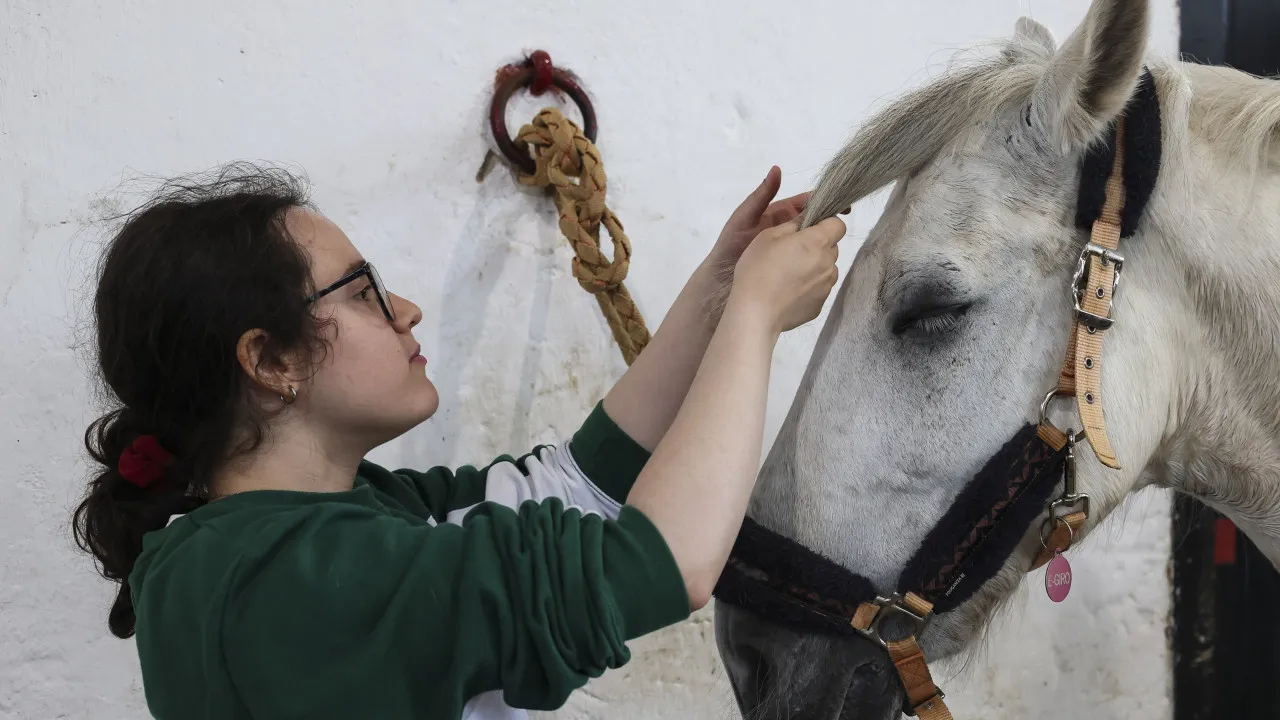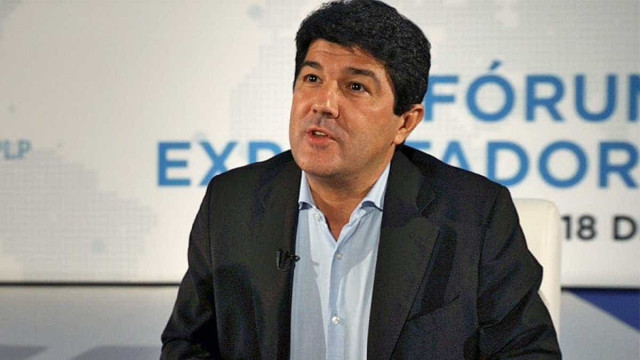Around 82% of graduates between the ages of 20 and 34 have a job three years after completing secondary or higher education, according to a report released today that confirms the salary advantages associated with higher education.
The European targets were that, by 2020, at least 82% of the population aged between 20 and 34 with at least secondary education should find work within one to three years. In Portugal, this was achieved in 2022.
This is highlighted in the “State of Education 2022” report, released today by the National Education Council, which takes a snapshot of education in Portugal, dedicating one of the chapters to qualifications and employment.
In an analysis of the relationship between the two indicators, the study shows that, in just one year, the percentage of graduates aged between 20 and 34 in employment within three years of completing secondary or higher education rose from 76.1% to 81.7%, the highest figure ever.
“Employability rates, by level of qualification, for the same age group also show that those who study more are more likely to get a job,” adds the report, which states that the employability rate of those who have completed secondary or post-secondary education has increased from 68.3% in 2021 to 80.1% in 2022.
On the other hand, the employability of young people of this age with the maximum qualification corresponding to basic education has “fallen noticeably” in Portugal, from 63.5% to 43.7%.
The advantages go beyond whether or not you get a job and are mainly reflected in terms of pay.
In this case, and with data for 2021, the “State of Education 2022” reveals that a doctorate earns almost three times as much as someone who has only completed secondary school.
The CNE researchers estimate that a worker with secondary education earns, on average, 953 euros gross per month, compared to 2,552 euros for a doctorate.
The differences are also substantial in relation to other levels of higher education, since the gross salary of a bachelor is around 1,649 euros, while those with a master’s degree receive 1,771 euros.
At the bottom of the table are workers with only a 1st cycle education, who receive an average of 783 euros gross, 32 euros less than those who have completed the 2nd cycle and 54 euros less than those who have finished basic education.
Even so, the report adds, “in terms of real wages, compensation is still significantly lower when compared to healthier European economies, especially when it comes to the top qualifications – bachelor’s degrees, master’s degrees and doctorates.”








